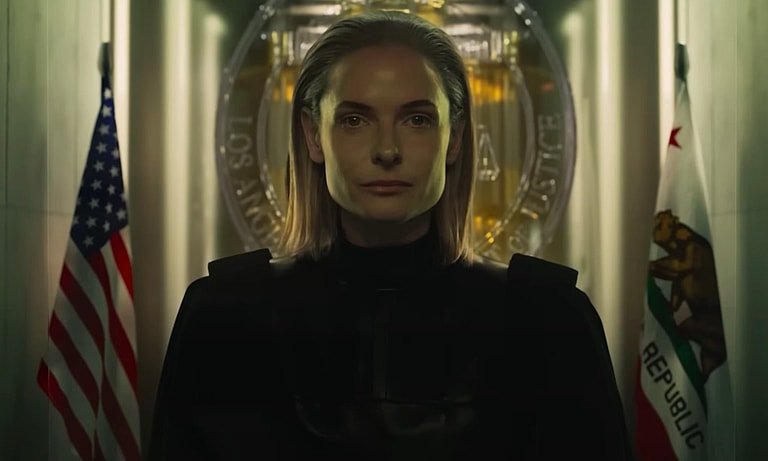Soul
/In Pixar’s latest, Soul, Joe Gardner is a middle-school band teacher, but he wants to be a jazz musician; more than that, he feels he’s born to do it. After Joe’s rhetorical question—with Jamie Foxx’s readily identifiable voice first taking the fore—we hear “Overture (The Click)”, a 2017 track by AJR, an American pop band known for for being multiinstrumentalists self-producing their material in their apartment.
Although the beginning, jazzy chords are quite obviously played diegetically in the trailer with the protagonist’s hands hitting the piano keys, it actually follows the recording precisely. In other words, much as you might more likely hear in musical biopics, a preexisting recording is made to appear as though it originates in the film; in other words, the music in the first half of its trailer was chosen for a precise narrative purpose that the animators then had to work around.
Foxx’s monologue subsequently thematically aligned with the montage that follows; as he intones that one should not “waste time” on “all the junk of life,” we see a stock broker experiencing a sudden epiphany, dramatically exiting work (and, presumably, quitting his job).
The passion and drama in the song’s arrangement, however, subsides and gives way to just a a single, jaunty violin. Of course, as two-part trailers do, we’re given a change in pace and a commensurate change in musical track as Joe falls down the proverbial rabbit hole—or, in this case, literally an open manhole cover and presumably to his off-screen death.
This is an original track, perhaps by Michael Giacchino as the arrangement bears some familiar hallmarks of his composing style. The wistful and earnest piano and winds deliver a complicated mix of hopefulness and ennui, as evidenced in the other films he contributed to, whose titles also appear in this trailer — namely, Up (2009) and Inside Out (2015).
The masterstroke of this trailer, though, is how Jamie Foxx’s narrative comes back about ten seconds into this second part of the trailer. This is just long enough that it’s unexpected, but also long enough that it doesn’t evade a sense of continuity. Moreover, it flips the script as to who or what Foxx may be speaking or alluding to—instead of rhetorical questions to the audience, or as a commentator to characters on screen, he instead (or also) is clearly referring to himself. “So what do you want to be remembered for?” he earnestly asks—an appropriate question for a film that appears to take a decidedly humanist view of the afterlife.
After all that, though, the trailer veers off into a pretty jarring non-sequitur, as the other soul-person—simply named “22,” for reasons yet to be known—offers a remarkably mundane and comedic response to this question that the trailer spent all of narrative building up to. “Great,” Joe deadpans—though the ending does provide one more quick glimpse of Joe in human (rather than soul) form, quickly ending the trailer on a more upbeat or hopeful note, as opposed to the existential dip that occurred a few moments prior.
Looking at the comments for the trailer, the consensus seems to be somewhat negative regarding the reuse of amorphous characters to portray people’s souls, not unlike the way emotions were portrayed in Inside Out. Still, the shift in music, and perhaps more importantly, the way Jamie Foxx’s voiceover segues these two parts while also allowing the new segment to contextualize his script in a new way, makes for a less jarring turn than it could have been.
Soul is set to appear in theatres June 2020.
— Curtis Perry







